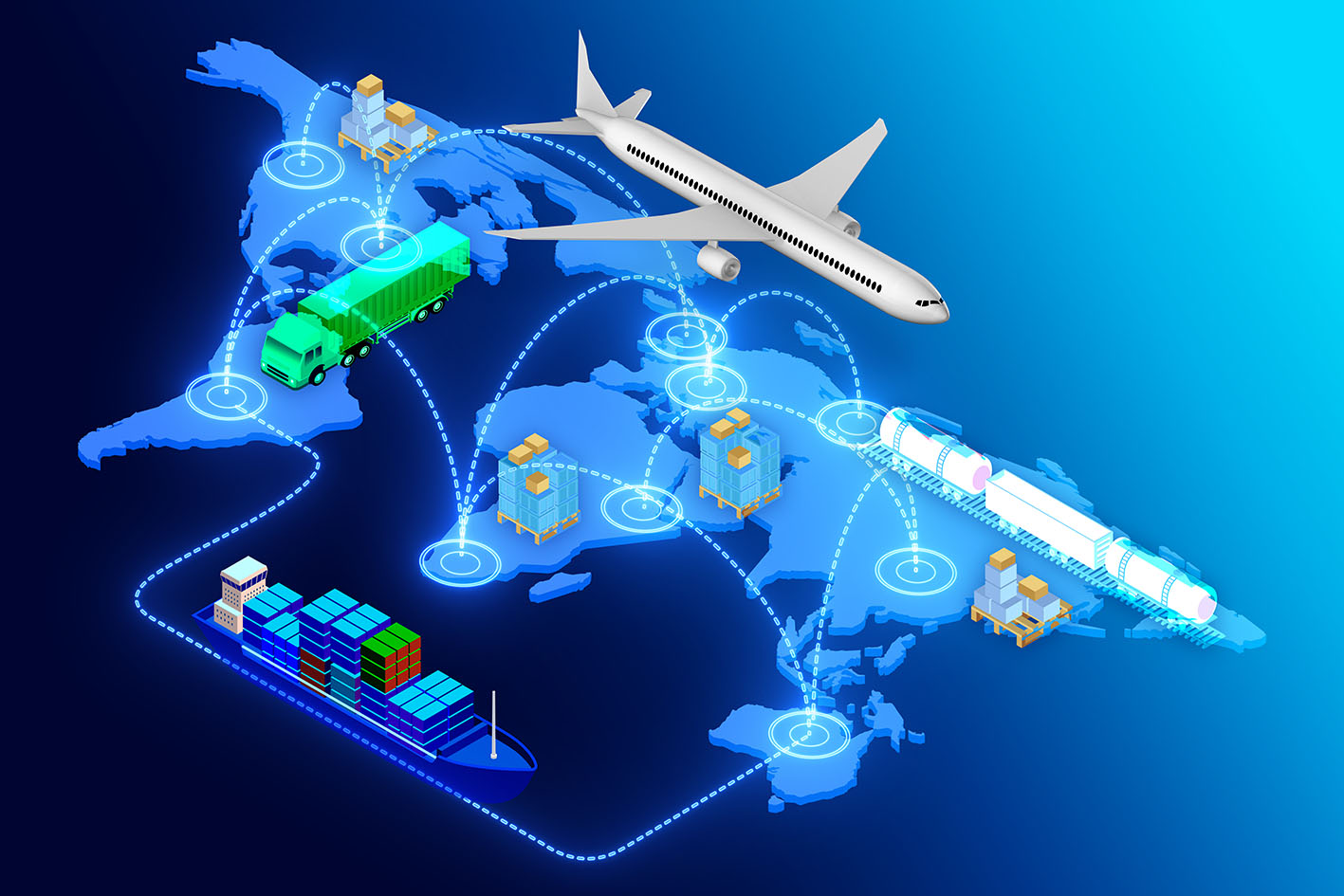Best Practices for Sustainable Supply Chain Management
On October 12th, the Financial Times website published an article titled "How to Restructure Global Supply Chains with the Continuation of Conflict" by Gillian Tate
Currently, the world is facing terrifying casualties caused by conflicts. As the conflict between the Middle East and Ukraine continues, economists are also striving to calculate the economic losses caused by this geopolitical division.

Take the International Monetary Fund for example. At the time of its annual meeting, it had just released its latest World Economic Outlook report, which, as usual, analyzed the development trajectory of future debt, growth, and inflation. One difference in this year's World Economic Outlook report is that the term 'fragmentation' has been mentioned no less than 172 times, compared to only one mention five years ago.
Are geopolitical struggles leading to "backflow" and "outsourcing of friends"? Due to the well-known opacity of the supply chain, it is difficult to accurately answer this question. Previously, most of the analysis on this issue relied on cross-border trade and foreign direct investment data.
But this does not mean establishing a regional trade network that only covers the West. On the contrary, end users are purchasing basic goods and semi-finished products from places such as China through intermediaries in Vietnam and other countries. The Bank for International Settlements stated that the result of this is a significant increase in indirect cross-border connections as new enterprise nodes interweave with existing supply chains.

For end users in Asia, with the strengthening of regional integration, this is forming a cohesive trade network. However, for end users in the Americas and Europe, this means that the supply chain is becoming increasingly complex. The situation that is emerging is not so much a backflow as a restructuring - the increasing complexity has expanded the "distance" between the supply chain (the link between raw materials and end users).
This has three important impacts. Firstly, this means that Western companies are still vulnerable to unpredictable geopolitical factors. As pointed out in a insightful report by the Center for Economic Policy Research, if China stops selling basic materials to intermediaries, end users will suffer.
Secondly, this poses regulatory challenges for the boards of directors and investors of Western companies, as if there are multiple links in the supply chain, it will increase the difficulty for companies to track the actions of suppliers (such as their actions on environmental or social issues).
Finally, as stated by the Center for Economic Policy Research, this trend can trigger inflation. Western companies have previously established one-stop trade links between the United States and China in order to improve efficiency and reduce costs - which is also one of the reasons for globalization. If there are more links in the supply chain, costs will rise. As Morgan Stanley said, 'slow globalization' is replacing globalization.
Therefore, the key point is that investors and the International Monetary Fund should be concerned not only about the Cold War style ban on trade activities between geopolitical groups, but also about the more subtle extension of the supply chain that could exacerbate inflation and potentially suppress economic growth.
Western clients are likely to believe that paying such a price to improve national security and corporate resilience is fair. Fairness is enough. But if this trend continues, it will create a world that is significantly different from the situation in recent decades. Reorganization - not just backflow - is an issue that needs to be addressed now.

